Are There Any Legal Streaming Sites? Exploring the Best Options for Safe and Authorized Entertainment
Modern entertainment turns to streaming, which became the foundation of accessing movies, TV shows, music, and live events – all from within the comfortable confines of your home. However, with its rise comes a pressing question: Are there any legal streaming sites? In a vast sea of digital figures, it’s essential to distinguish between the legitimate and the dubious. We go over the legality of online streaming, the features of legal platforms, the most popular options, the most common misconceptions about online streaming, and new upcoming trends in the industry.
Understanding the Legality of Online Streaming: Are There Any Legal Streaming Sites?
Many consumers are concerned about streaming content legally. With so many services offered, there can be a shade between legal and illegal. Are there any legal streaming sites? That’s a resounding yes, but understanding what makes the site legal is imperative.
Legal streaming platforms do so under licenses from content creators, studios, and distributors. These agreements guarantee that creators get paid for their work. Legal streaming sites include Netflix, Disney+, and Spotify, which follow these agreements.
Illegal streaming sites also simply do not have proper licensing. While they might provide free access to premium content, what they do violates copyright laws, and could put both the platform and users on the hook in a court of law. In addition, users often end up at these sites facing malware and data breaches.
Illegal streaming is being fought back hard by governments around the globe, meaning it’s more important than ever to tell the two apart. Legal options help the creative industry and prevent unsafe, substandard experiences.
Key Features to Look for When Asking, “Are There Any Legal Streaming Sites?”

When determining whether are there any legal streaming sites, recognizing key features is essential. All legitimate platforms have a few points in common that separate them from their illegitimate counterparts.
1. Licensing and Partnerships:
It’s clear on legal streaming sites that they’re working with studios or content creators to license their content and what those platforms are charging. This ensures that the platform pays fairly for creators.
2. Subscription Models:
Most legal sites are of the subscription or ad-supported variety. Hulu is a service that proclaims just exactly how they make money; so that the user knows where the content came from.
3. Secure Payment Systems:
Secure payment gateways for subscriptions or purchases are authorized platforms that secure your user’s data and encourage trust.
4. High-Quality Content:
Legal streaming services are mainly focused on binge-watching content at the highest level possible, with high definitions and minimal buffering.
5. Customer Support:
Real sites have the right employees able to deliver support for the customers and have simple policies to deal with customer issues in place.
When emphasizing these features, the users can digitally recognize and facilitate legal streaming platforms, resulting in problem-free and correct viewing.
Popular Platforms That Answer the Question: Are There Any Legal Streaming Sites?
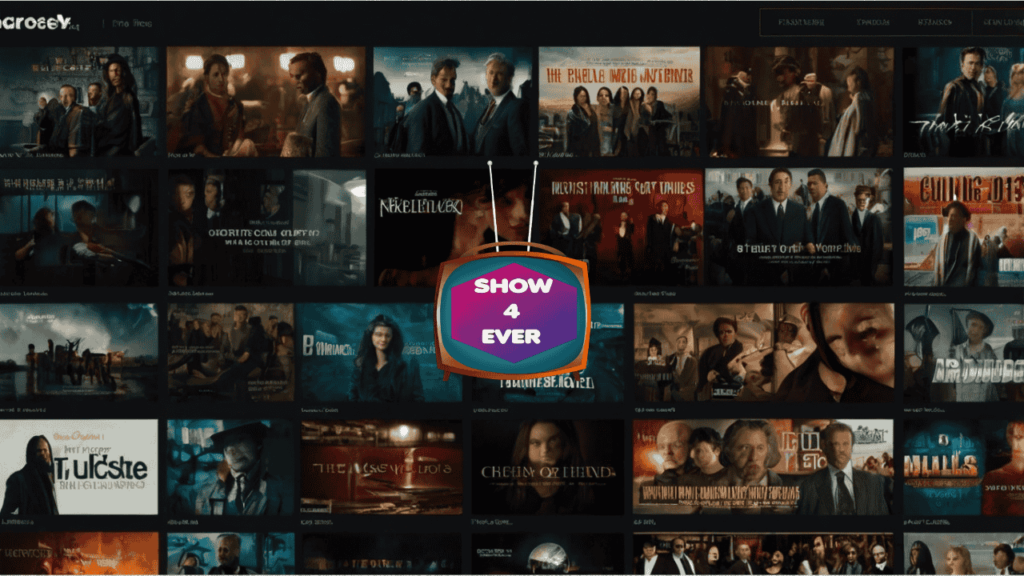
Legal streaming of digital entertainment is a thriving business and is available from many sites focused on a wide range of interests. Here are some of the most popular options for those wondering, are there any legal streaming sites?
1. Netflix:
With an extensive library of movies, TV shows, and original content, Netflix is a pioneer in streaming. It is a trusted legal platform that operates under stringent licensing agreements.
2. Disney+:
Disney+ is a family-friendly legal streaming service with content from Disney classics, Marvel films, and Star Wars episodes.
3. Spotify and Apple Music:
These platforms are filled with millions of tracks guaranteed to have the proper licensing agreement for music enthusiasts.
4. Amazon Prime Video:
Amazon Prime Video has a massive catalog of films, TV series, and exclusive originals that won’t disappoint you.
5. YouTube (Premium):
The concern over free YouTube content is often around copyright, but their premium service offers licensed, and ad-free streaming.
These are not just for legal access to entertainment; they also empower these platforms to feature better with personalized recommendations, offline viewing, and multi-device compatibility.
Challenges and Misconceptions Around the Query: Are There Any Legal Streaming Sites?
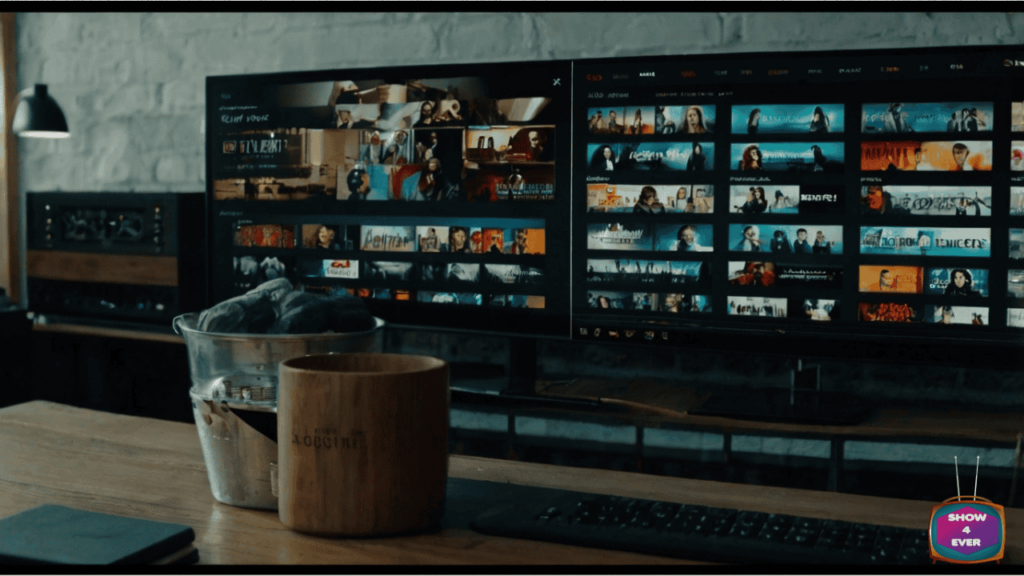
But the law allows for legal streaming sites, and yet there’s a misconception. Many people believe that true legal streaming will always cost a small fortune. But platforms like Tubi and Pluto TV serve as an antidote to that myth, with offerings of free, ad-supported content.
Another problem is that there exists a proliferation of fake sites that function as illegal versions of legal platforms. Most of these sites will trick you with deceptive URLs and interfaces. It is important to know which red flags to look out for; a lack of licensing information or a suspiciously broad content library.
Also, regional limits are unclear. Some countries may legalize a platform, other countries may restrict or not be allowed to use the platform. This geographic variability shows us that the legitimacy research of a site is only meaningful within a certain region.
Educating consumers about these challenges and debunking the misconceptions can empower consumers to become aware of these challenges and make informed choices about their streaming behavior.
Future Trends in Entertainment: Are There Any Legal Streaming Sites Shaping the Industry?
The future of streaming, and the legal platforms leading the way. The users of content with the aid of emerging technologies like Artificial Intelligence (AI) and Virtual Reality (VR), are redefining how the users interact with content.
For instance, AI-driven algorithms are dynamically improving content and web page recommendations on Netflix and Spotify. Meanwhile, while VR streaming services still are early days in the sense that they are, VR streaming services are aimed at offering immersive viewing experiences, particularly in the gaming and live event sectors.
A second trend is the increase of hybrid monetization models. Peacock offers a free, ad-supported tier and pays more for a premium subscription.
The industry is also being reshaped by global expansion. Platforms are investing in regional content to attract diverse audiences, answering the question, are there any legal streaming sites that cater to local tastes? And services like Disney+ Hotstar and Viu are increasingly showing us that the answer is increasingly affirmed.
Conclusion
The question of, whether there are any legal streaming sites, holds significant relevance in today’s digital age. Legal streaming platforms in particular are not only safe and a high-quality platform to stream our entertainment, but they also help support the industry that produces them. Knowing what makes a site legal, familiarizing yourself with some key features, spending some time on popular platforms, and debunking some webcast myths will help consumers feel in control of the streaming landscape. The future of legal streaming is only just starting and brings forth much more exciting prospects for those in and out of the industry as the wonderful world of entertainment factors into everyone’s life.
Table of Contents
Share this content:


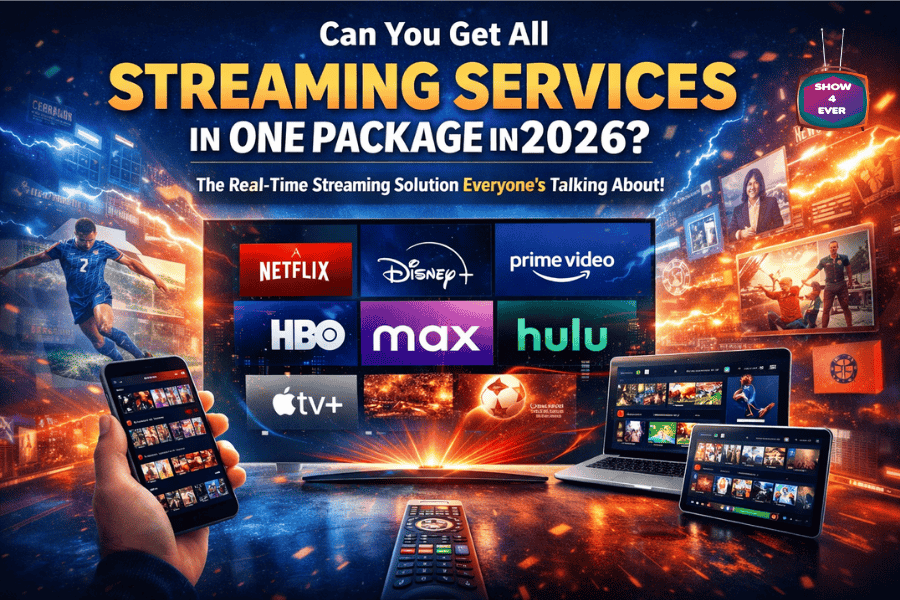
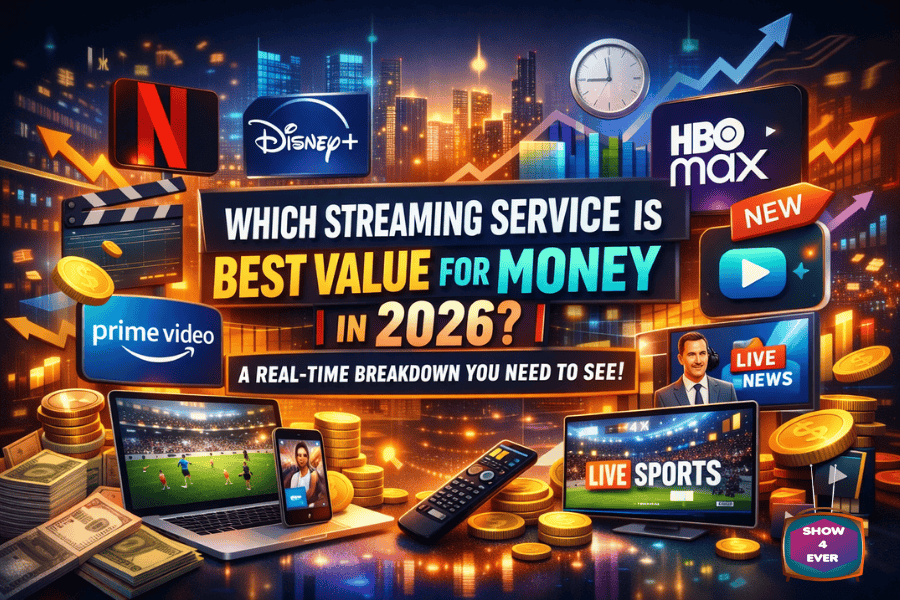
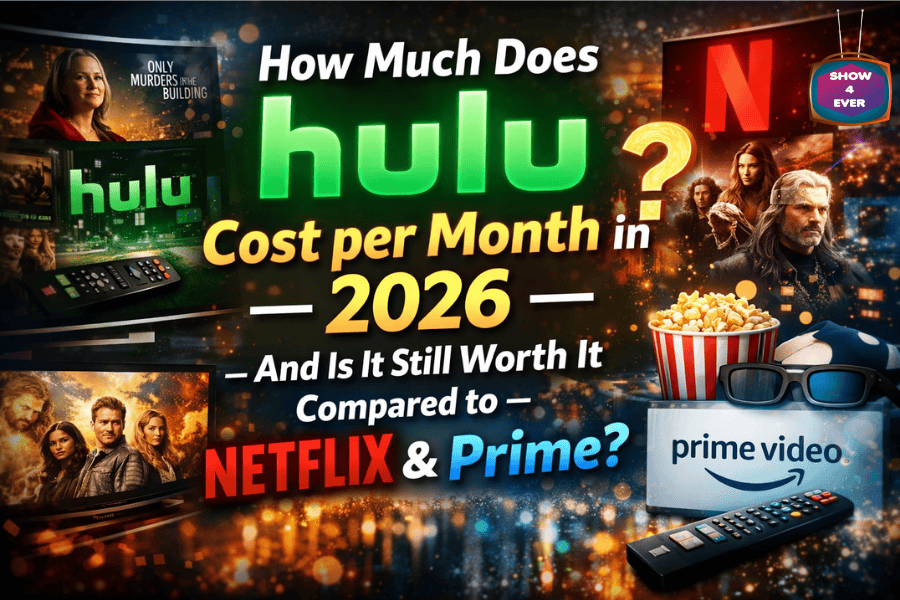


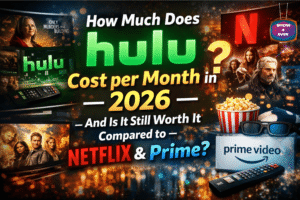


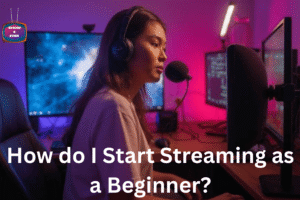

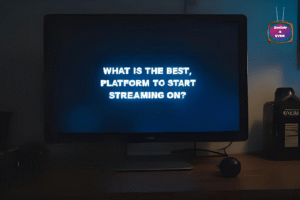
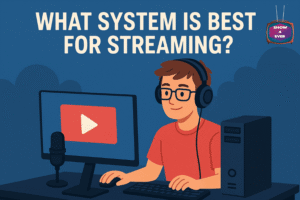
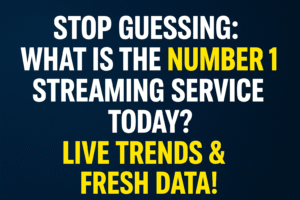


Post Comment